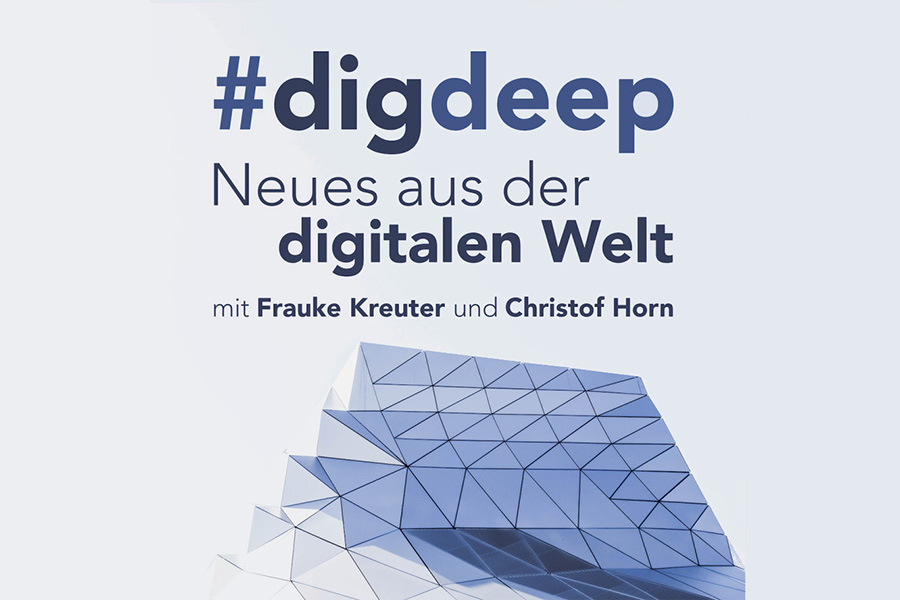01.04.2025
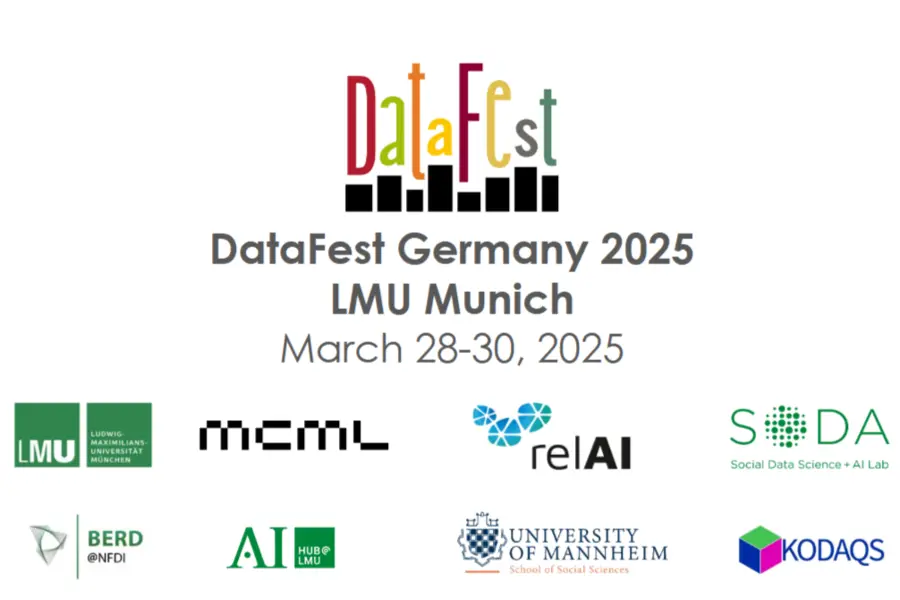
DataFest Germany 2025
A Weekend of Data at LMU Munich
From March 28–30, LMU Munich hosted DataFest Germany 2025, bringing together 24 student teams from 15 universities for an intense 48-hour data challenge. Participants worked with a newly developed dataset on German municipalities, tackling real-world questions through data analysis and storytelling.
The dataset — created by Andreas Dimmelmeier and Felicitas Sommer — is the first in DataFest history to be publicly available, thanks to BERD@NFDI:
It combines land use and housing indicators (e.g. built-up area, density, housing types, flat sizes) with social, economic, and demographic variables.
This Year’s Award Winners:
- Best Visualization – The Counterfactuals 2.0 (Hertie School): Linking migration, land use, and environmental inequality
- Best Use of Outside Data – Mind & Molecules (LMU): Urban bird diversity and green space
- Data Quality Award – KODAQS D: Missing data as a lens into systemic issues
- Best Insight – MREOW (TUM & LMU): From city policy to apartment choices – what makes a place attractive?
The event was organized by MCML PI Frauke Kreuter and her team at the SODA Lab and proudly sponsored by MCML.
Thanks to all participants for their great work!
Related
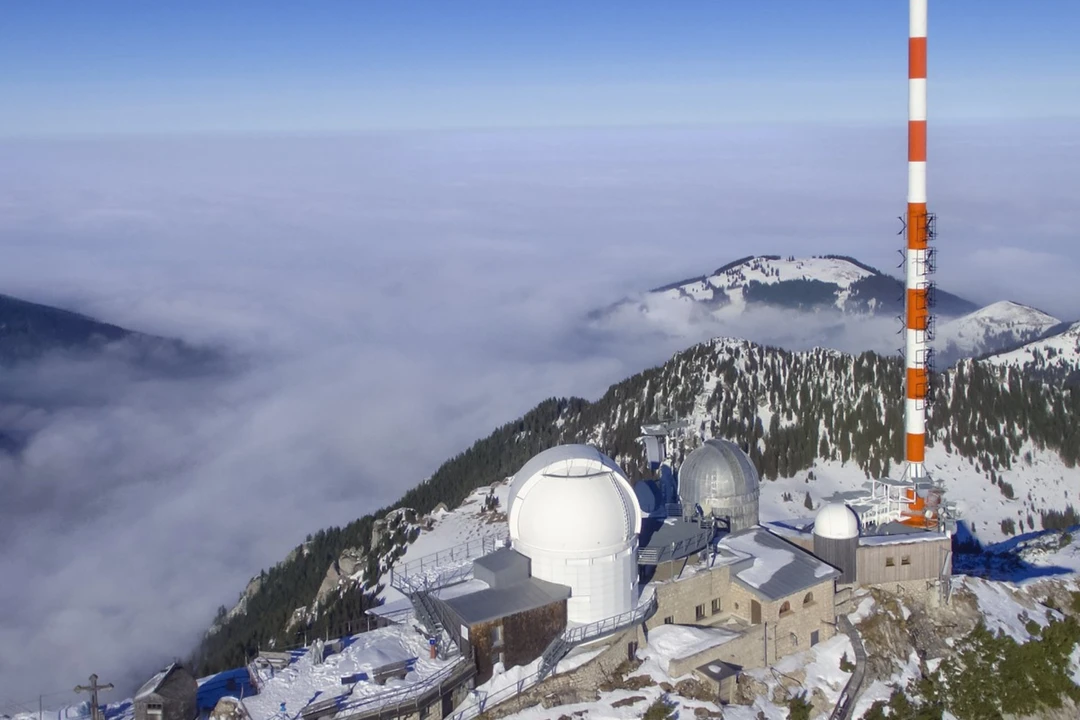
24.02.2026
Cosmology: Measuring the Expansion of the Universe With Cosmic Fireworks
Daniel Gruen leads LMU’s campaign on rare SN Winny to refine the Hubble constant and address the Hubble tension in cosmology.
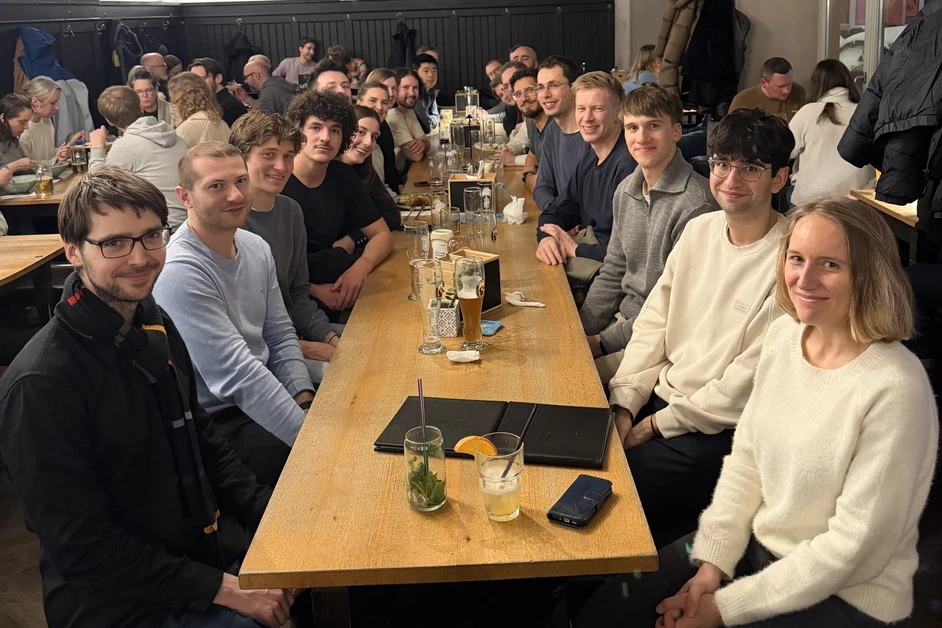
20.02.2026
MCML Stammtisch - Recap
The MCML-Stammtisch was a great opportunity to connect our members across disciplines and enjoy some relaxed conversations outside the labs
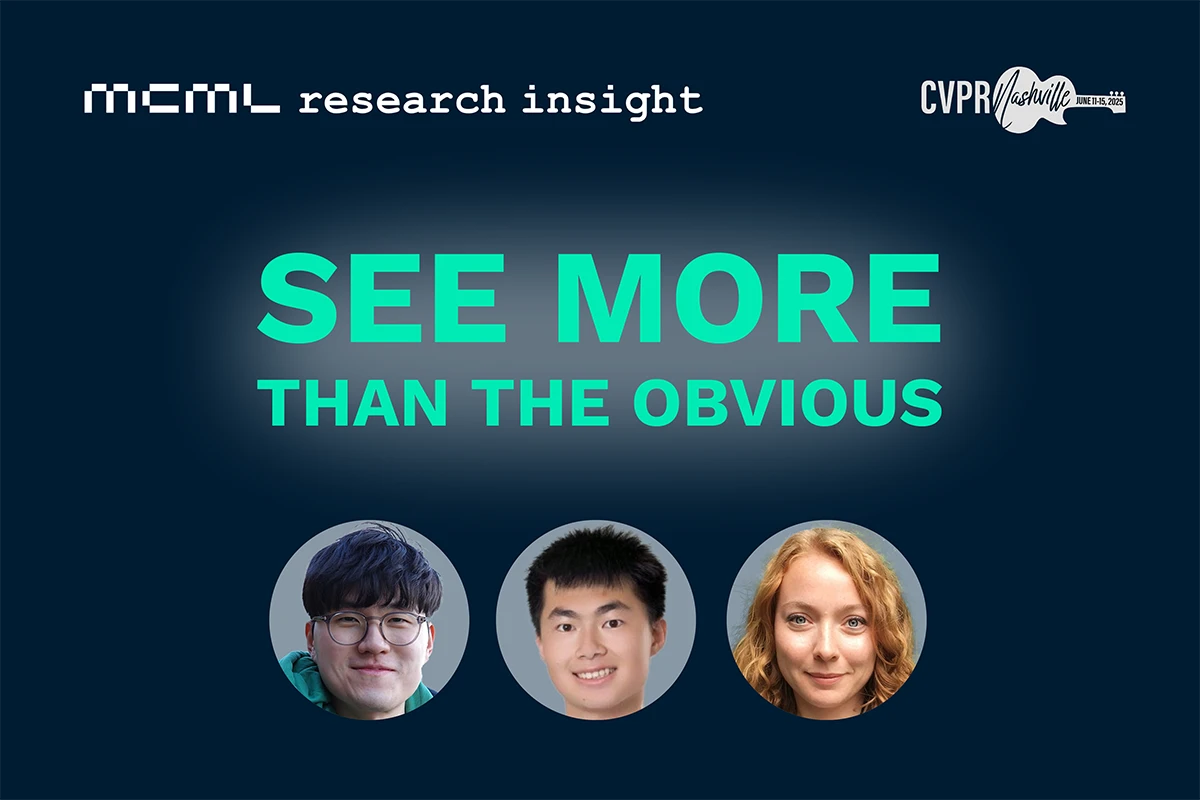
19.02.2026
COSMOS – Teaching Vision-Language Models to Look Beyond the Obvious
Presented at CVPR 2025, COSMOS shows how smarter training helps VLMs learn from details and context, improving AI understanding without larger models.
